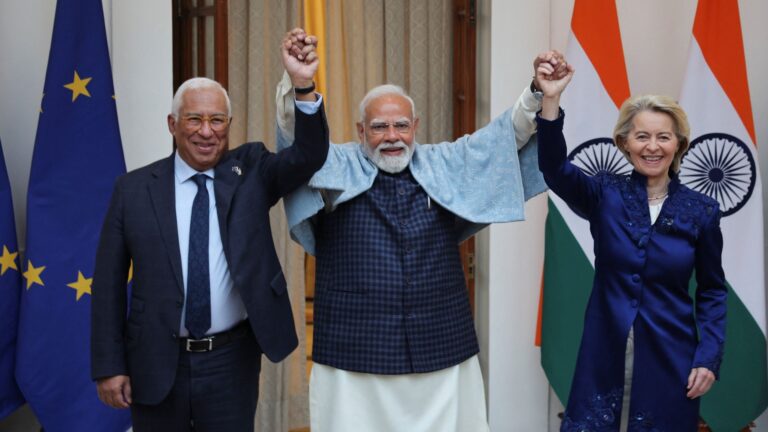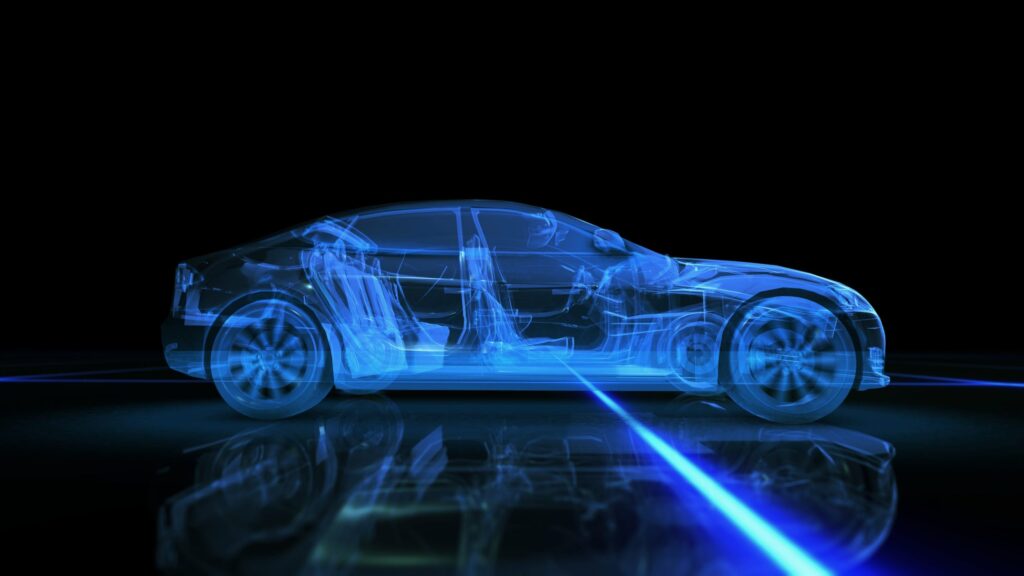
Deep in the lush, misty forests of Halmahera Island in Indonesia lies Dodaga Village, home to the O’Hongana Manyawa, an Indigenous group often referred to as the People of the Forest. They live in harmony with nature’s rhythms. They do not chase modernity or demand development. But now, batteries, specifically, the ones powering electric vehicles,are threatening to upend their world.
What was once seen as a promise to save the planet has become a source of destruction for those who never asked for it.
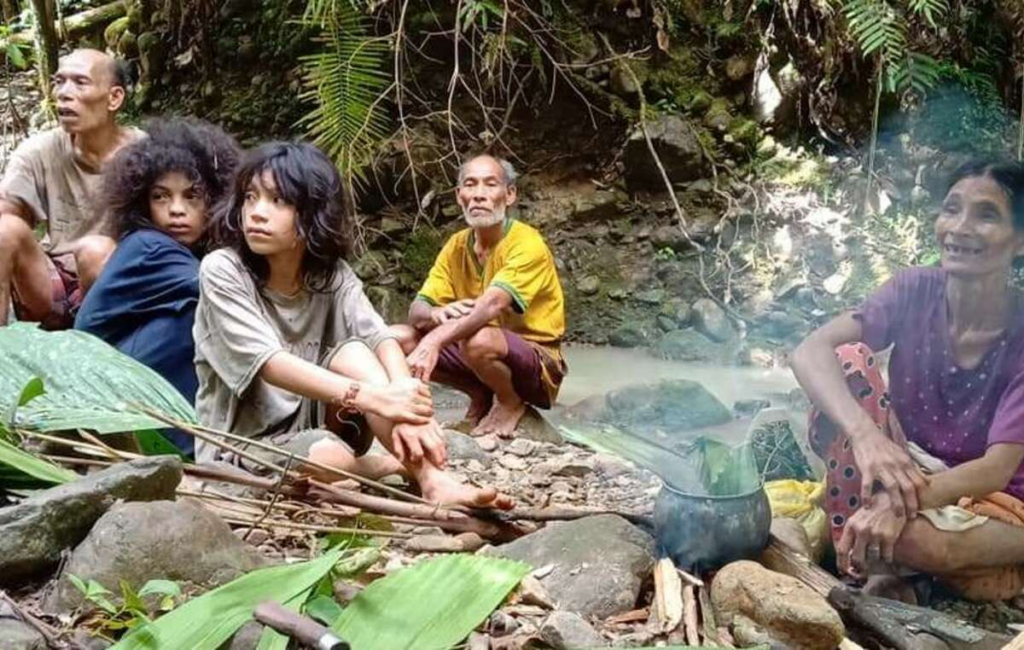
When Batteries Begin to Burn Forests

As the world races to build electric vehicles, it carves more batteries. And batteries carve one thing, nickel. Indonesia is the world’s top nickel producer, and Halmahera’s soil is rich with it. But these forests are not empty. They are the ancestral soul of the O’Hongana Manyawa. They hunt here, they pray here, they bury their dead here. When you rip out this land, you rip out a culture.
From Earth Guardians to Evicted Strangers
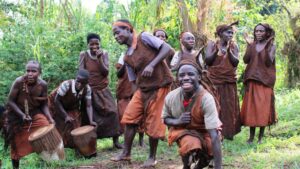
The O’Hongana Manyawa are not just forest dwellers. They are its protectors. With no electricity and no phones, they live without harming nature. Yet, as nickel projects expand, they are being pushed out of their land. Many are now forced to live near roads and towns where their traditional knowledge becomes useless and their identity begins to disappear.
The story of their eviction is not one of legal battles. It is one of silence. Because they are not counted in national data. Because they have no formal land rights. Because no one ever asked for their consent.
Batteries Green for Some, Red for Others

The electric vehicle revolution promises sustainability. But can it truly be called sustainable when it tramples on human rights? Western companies promote these vehicles as climate solutions. Yet the O’Hongana Manyawa, who have contributed almost nothing to climate change, are now being forced to sacrifice everything in its name.
This isn’t progress, it’s a recurring pattern. Time and again, wealthy nations shift the burden of clean energy onto communities that remain invisible in global debates but suffer the deepest consequences of global decisions. Until that changes, the cost of batteries will remain far higher than the world admits.
Their Rivers Are Running Dry
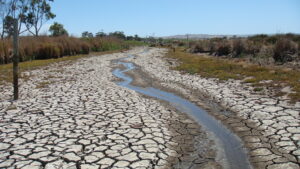
Local reports have shown that mining activities are contaminating water sources and cutting trees that provide food and medicine. Children can no longer drink from the streams. Elders speak of birds disappearing and game animals fleeing. The village is now being haunted not by ghosts, but by machinery.
And when forests die, stories die. Rituals end. Languages fade. Entire ways of life are erased in silence.
Batteries Rise While Rights Fall
Indonesia says it protects Indigenous rights. But many groups, like the O’Hongana Manyawa, are not officially recognized. Without legal status, they cannot claim land. And without land, they cannot live.
Most decisions about their future happen far from Halmahera. In cities and boardrooms, powerful people make plans. They do not hear the voices of the forest. They have never seen its trees or listened to its songs.
A Wake-Up Call for the World
The world needs clean energy. But clean should not mean cruel. Nickel for batteries should not cost people their culture.
We must start asking hard questions:
-
Should we support companies that ignore Indigenous rights?
-
Can we call it progress if it destroys lives?
-
Will we demand fair and honest supply chains?
Every time we say nothing, something is lost. A forest falls. A tribe fades. And the world becomes less human.
What Needs to Be Done
-
Companies must ask before they mine, and do it fairly
-
Governments must recognize Indigenous communities
-
Climate funds should never pay for harm
-
Journalists and activists must keep telling these stories
The O’Hongana Manyawa are not afraid of change. But they want dignity. Real sustainability must include people, not just profits.
Because a future without forest people isn’t green. It’s broken.
For more such informative articles stay tuned at The World Times


